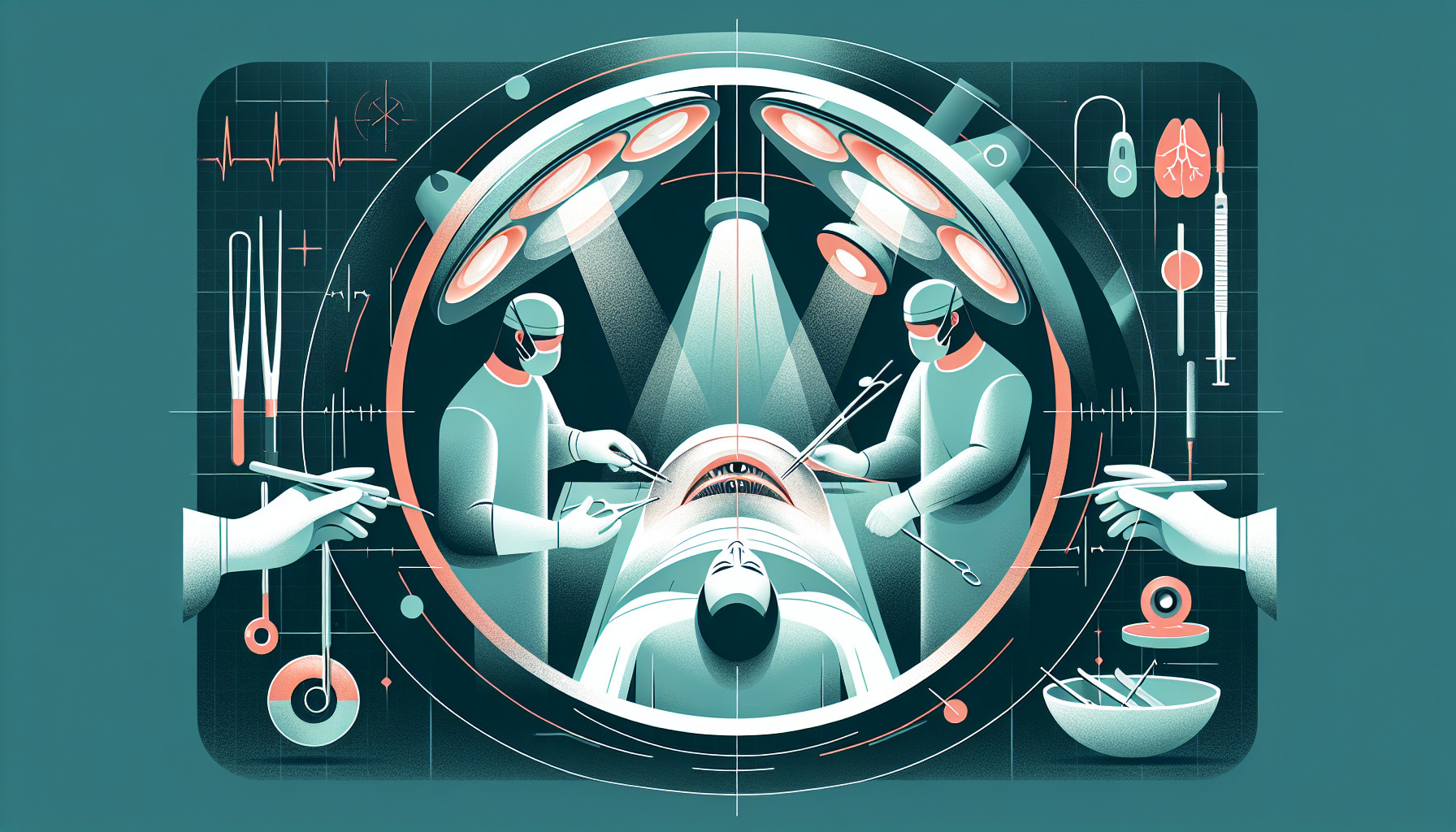Our Summary
This research paper discusses the complications that arise when a person suffers from both cataract and glaucoma, two eye conditions that significantly affect vision and quality of life. The authors note that there aren’t any established guidelines for treating people who have both ailments. The paper discusses the pros and cons of performing separate surgeries or a combined surgery to treat both issues, as well as the short- and long-term effects of these surgeries on eye pressure. The authors suggest that the type and timing of surgery should depend on factors such as the severity and control of the glaucoma, and the impact of the cataract. They also highlight that the success of the surgery depends on various factors including the surgeon’s skills and experience, the surgical technique used, the location of the surgery, and the use of certain medications.
FAQs
- What factors determine the type and timing of surgery for patients with coexisting cataract and glaucoma?
- What are the potential short- and long-term effects of combined surgery on intraocular pressure?
- How does the surgeon’s skill and experience impact the surgical outcome for patients with both cataract and glaucoma?
Doctor’s Tip
A helpful tip a doctor might tell a patient about cataract surgery is to follow all pre-operative instructions provided by the surgeon, such as avoiding eating or drinking before the surgery. Additionally, it is important to attend all post-operative appointments and follow any medication instructions to ensure a smooth recovery and optimal results.
Suitable For
Patients who are typically recommended for cataract surgery include those who have:
- Significant visual impairment due to cataracts
- Difficulty performing daily activities due to poor vision
- Cataracts that are causing significant glare or halos
- Cataracts that are affecting the ability to drive or work
- Cataracts that are causing difficulties with night vision
Additionally, patients with coexisting glaucoma may also be recommended for cataract surgery if their cataracts are significantly impacting their quality of life and visual function. The decision to undergo cataract surgery in patients with glaucoma will depend on the type, severity, and control of the glaucoma, as well as the clinical significance of the cataract.
Timeline
Before cataract surgery:
- Patient experiences gradual vision loss, blurriness, glare, and difficulty seeing at night.
- Patient may undergo a comprehensive eye exam to determine the severity of the cataract.
- Patient may be prescribed new glasses or contacts to improve vision temporarily.
- Patient may need to undergo preoperative testing to ensure they are a suitable candidate for surgery.
After cataract surgery:
- Patient undergoes a relatively quick and painless surgical procedure to remove the cloudy lens and replace it with a clear artificial lens.
- Patient may experience improved vision immediately after surgery, although full recovery may take a few weeks.
- Patient may need to use eye drops to prevent infection and promote healing.
- Patient may need to attend follow-up appointments to monitor their progress and ensure proper healing.
- Patient may experience improved vision, reduced glare, and overall better quality of life post-surgery.
What to Ask Your Doctor
What are the risks and benefits of having cataract surgery for someone with glaucoma?
Should I consider having staged or combined surgery for my cataract and glaucoma?
How will cataract surgery affect my intraocular pressure and my glaucoma management?
What type of surgery would be most suitable for my specific case of cataract and glaucoma?
What are the short-term and long-term effects of cataract surgery on my glaucoma?
How will my pre and postoperative management need to be adjusted for my coexisting cataract and glaucoma?
What factors should I consider when choosing a surgeon for my cataract surgery, especially given my glaucoma diagnosis?
How will the use of anti-fibrotic agents impact the outcome of my cataract surgery, considering my glaucoma?
What are the expected outcomes and potential complications of cataract surgery for someone with glaucoma?
Are there any alternative treatments or approaches that I should consider for managing my cataract and glaucoma together?
Reference
Authors: Bhagat PR, Prajapati KM. Journal: Indian J Ophthalmol. 2022 Nov;70(11):3797-3802. doi: 10.4103/ijo.IJO_1317_22. PMID: 36308099
